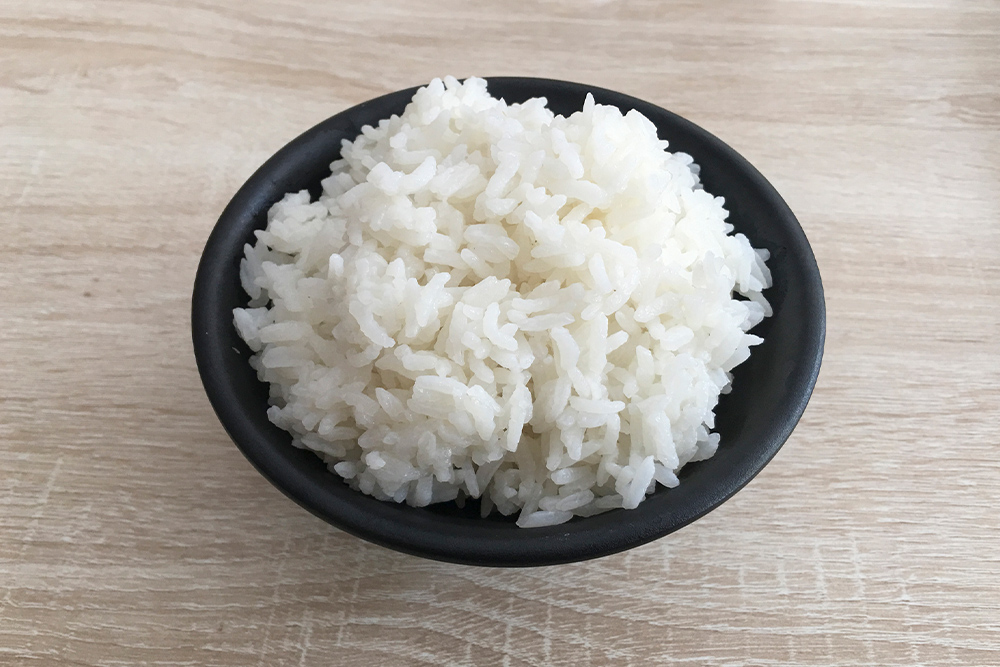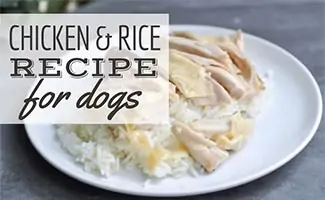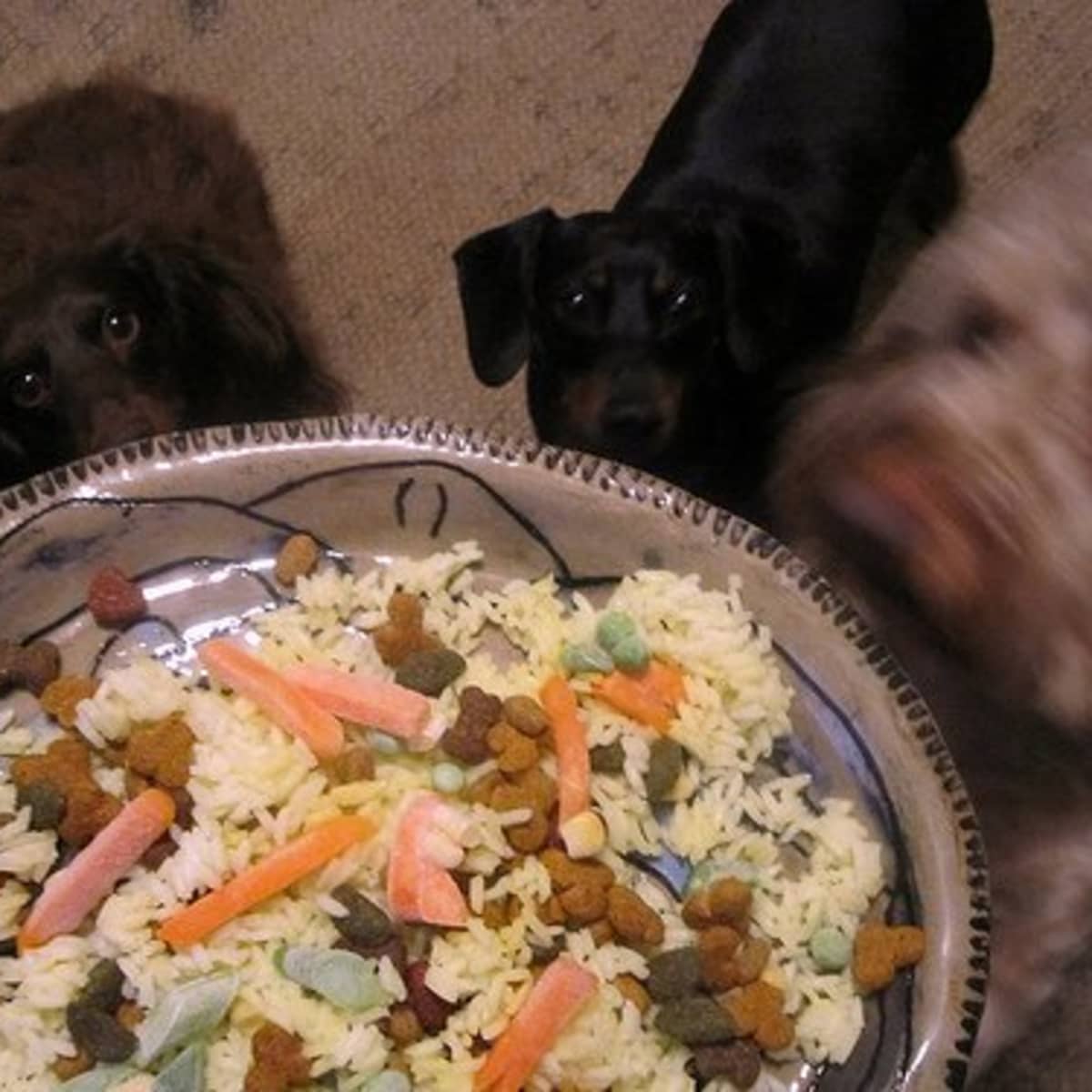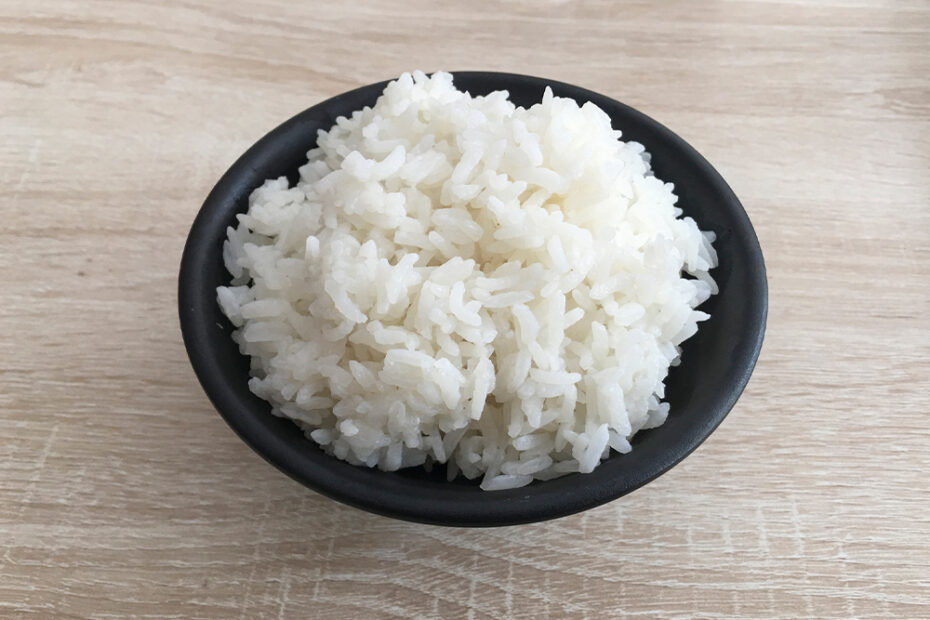What Happens When Dogs Eat Cooked Rice: Unveiling The Risks And Benefits
The Truth About Rice Good Or Bad For Dogs?🤔
Keywords searched by users: What happens if dogs eat cooked rice Can dogs eat rice, Rice dog là gì, can dogs eat brown rice, is rice good for dogs everyday, can dogs eat bread, can dogs eat brown rice everyday, can dogs eat potatoes, too much rice for dogs
Can Rice Upset A Dog’S Stomach?
Can rice upset a dog’s stomach? Dogs may have difficulty digesting rice efficiently, as their bodies require extra effort to break it down. Rice primarily consists of carbohydrates, which are not a significant part of a dog’s nutritional needs. It’s important to note that white rice has a high glycemic index, causing a rapid increase in blood glucose levels when consumed by dogs. This can potentially lead to digestive issues and fluctuations in energy levels. Therefore, it’s advisable to exercise caution when including rice in a dog’s diet. (Published on November 1, 2020)
How Much Rice Is Ok For A Dog?
How much rice is suitable for a dog’s diet depends on their size and specific dietary needs. If you’re supplementing your dog’s regular food with rice, it’s generally recommended to limit the portion to no more than a quarter cup for larger dogs and just a tablespoon or two for smaller dogs. When using rice as part of a bland diet to soothe a dog’s upset stomach, it’s common practice to mix it with a small amount of lean protein, such as plain, shredded chicken breast. This combination is often recommended by veterinarians for its gentle and easily digestible qualities, which can aid in resolving digestive issues. This guidance is applicable as of May 1, 2021, and may vary depending on your dog’s specific health condition, so it’s best to consult with your veterinarian for precise feeding instructions tailored to your pet’s needs.
What Foods Give Dogs Diarrhea?
Which foods can potentially trigger diarrhea in dogs? Several factors can contribute to digestive upset in our canine companions. One common cause is feeding them human leftovers or introducing new diets too abruptly. Moreover, offering poor-quality dog food with insufficient nutritional value can also lead to diarrhea. To safeguard your furry friend’s health, it’s crucial to be aware of toxic foods that should be strictly avoided, including chocolate, garlic, and onions, as these can have severe adverse effects on their well-being.
Share 38 What happens if dogs eat cooked rice






Categories: Collect 61 What Happens If Dogs Eat Cooked Rice
See more here: tfvp.org

Rice is totally fine for most dogs to eat, and it’s actually an ingredient in most dog foods. Dogs are omnivores, which means they need to have meat and vegetables in their diet and are able to digest most carbohydrates, such as rice.Dogs do no not digest rice too well. It takes a lot of work for the body to break down. Rice is a carbohydrate and we know dogs have little nutritional requirement for carbohydrates in their diet. White rice has a high glycemic index, meaning it will cause a rapid spike in blood glucose levels.If you’re feeding rice as an extra, feed no more than about a quarter cup for a large dog and just a tablespoon or two for a smaller dog. As part of a bland diet for stomach upset, rice is typically mixed with a small amount of lean protein, like plain, shredded chicken breast.
- Onions, garlic and chives. The onion family, whether dry, raw or cooked, is particularly toxic to dogs and can cause gastrointestinal irritation and red blood cell damage. …
- Chocolate. …
- Macadamia nuts. …
- Corn on the cob. …
- Avocado. …
- Artificial sweetener (Xylitol) …
- Alcohol. …
- Cooked bones.
Learn more about the topic What happens if dogs eat cooked rice.
- Can Dogs Eat Rice Safely? – The Dodo
- Why ‘Chicken & Rice’ is one of the worst things to feed a sick dog
- Can My Dog Eat Rice? – The Farmer’s Dog
- What Causes Diarrhea in Dogs & How to Treat it – Human-Grade Pet Food
- Toxic food for dogs | Battersea Dogs & Cats Home
- Can Dogs Eat Rice? We’ve Got the Answer – Purina New Zealand
See more: https://tfvp.org/category/science blog
